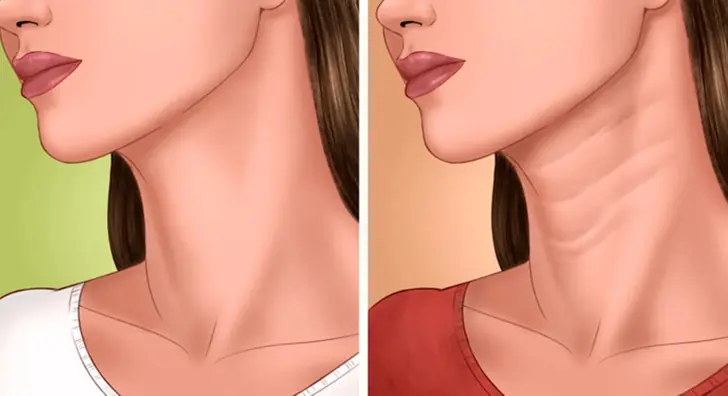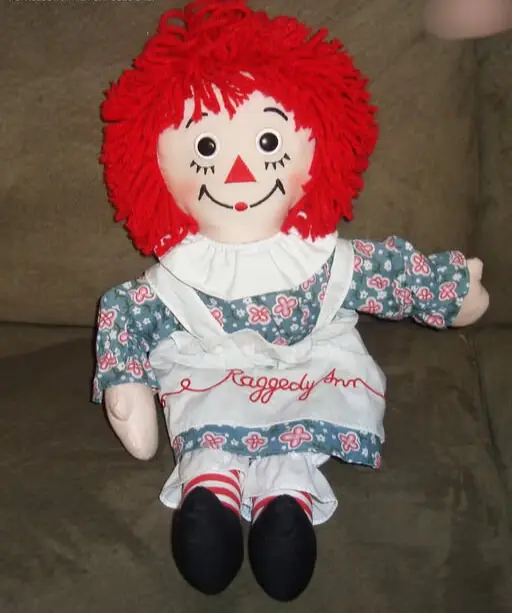
My Grandsons Left My Wife Stranded at a Gas Station to Party — My Lesson Made Them as Good as Gold
They say revenge is a dish best served cold. I say, sometimes it’s best served with a side of cold showers, blisters, and regret. What happened to my wife last month broke something in me—but it also woke up something. Because when the people you love are hurt by those you raised to know better, silence is no longer an option.
I’m not one to overshare. You won’t find me posting rants online or airing my family drama over coffee at the diner. But this story... it needs to be told. Not just because it happened, but because of what it taught me about love, respect, and the power of quiet justice.
For over four decades, I was the dependable one. I worked 43 years in the same manufacturing plant—climbed from the floor to supervisor, missed birthdays, skipped weekends, and came home bone-tired more often than not. All to give my family a life I never had growing up. It wasn’t lavish, but it was steady. Reliable. Safe.
And standing by me through every one of those years was my Laura.
She’s got that gentle strength you don’t notice until you really look. The kind of woman who’ll quietly give you the bigger slice of pie, remember your dentist appointment without being asked, and who still volunteers at the animal shelter every week—not because she’s bored, but because “the cats need love too.” She’s always been that way.
We’ve got two grandsons—Kyle and Dylan. Twins, 23, full of charm and potential. Laura has always doted on them, maybe a bit too much. I always thought they were good kids, if a little self-absorbed. But what they did... it showed me just how far they'd strayed from what we tried to teach.
It started with a surprise visit just before Easter. The boys showed up all smiles, announcing they had a special birthday gift planned for their grandmother: a road trip to Washington, D.C., to see the cherry blossoms. They said she’d always dreamed of it. Laura’s eyes lit up in a way I hadn’t seen in years.
“We’ve got it all covered,” they said. “Hotel, food, everything. Just let us borrow your car.”
I watched Laura cry—genuine, joyful tears. It moved me. After all her years of putting others first, I thought maybe she was finally getting her due.
Then they said, “You don’t need to come, Grandpa. This trip’s just for her.”
I should have questioned it more, but I figured maybe they wanted to bond with her alone. I let it go.
Two days later, the phone rang around midnight. It was Laura. Her voice was shaking.
“Arnold,” she whispered, “I don’t want to bother you, but I don’t know what to do. They left me.”
She was stranded at a gas station outside Richmond. No car. No money. No food. No coat thick enough for the cold night air.
The boys, it turns out, had made her pay for the hotel, every meal, their museum tickets, even clothes when they claimed they forgot to pack enough. She’d trusted them, opened her wallet again and again, believing it was temporary. They always said, “We’ll pay you back, Grandma. Promise.”
Then on the way home, they stopped for gas. Laura went inside to pay. While she was at the register, they drove off—with her car. Went to party in some town nearby, leaving their 64-year-old grandmother alone at a gas station in the middle of the night.
When I arrived four hours later, I found her sitting near a vending machine, shivering in her thin coat, too scared to sleep, too proud to ask strangers for help.
I didn’t say much. Just drove her home. But as she told me everything on the way back, a cold fury settled deep in my chest.
The next few days, I said nothing to the boys. I let them come back, laughing and carefree, as if nothing had happened.
Then I sent them each the same text: “Grandma and I loved your birthday surprise. We’d like to return the favor. Pack for a weekend trip.”
Their replies came instantly. Excited emojis, jokes about finally being spoiled for once.
They had no idea what was waiting.
I’d already called Sam, an old buddy who runs a wilderness retreat in the mountains—a place we used to camp as kids. These days it’s a digital detox center. No Wi-Fi. No comforts. Just nature, discipline, and reality.
“Sam,” I told him, “I need the full 1985 experience. Cold showers. Cots. Hard labor. No excuses.”
He didn’t hesitate. “Say no more, Arnold. I’ll make it happen.”
Friday morning, I drove the boys up. They sang along to music, took selfies, assumed we were headed to a cabin resort. I stayed quiet.
When we pulled into the dirt lot, Kyle blinked. “Where’s the hotel?”
Dylan laughed. “This a joke, right?”
“Nope,” I said. “Retro weekend. Disconnect to reconnect.”
They didn’t laugh again.
I took their phones. Showed them the itinerary. It wasn’t pretty:
-
6 a.m. wake-up
-
Clean outdoor latrines
-
Chop firewood
-
Hand-wash dishes
-
Journaling on gratitude
-
Push-mow the entire lawn
-
Build a compost bin
-
Final lecture: “Respecting Your Elders—Why It’s Not Optional”
Their faces fell. I handed their bags to Sam and drove off. In the mirror, I saw them standing stunned as Sam led them away.
That weekend, the silence in our house was thick. Laura sat beside me, torn between worry and heartbreak.
“They’re just boys,” she murmured once. “They didn’t mean to hurt me.”
I gently reminded her what it felt like—sitting alone at that gas station. Her eyes clouded. She didn’t bring it up again.
On Sunday evening, the phone rang. Sam let them use the camp’s landline. Kyle sounded broken. Dylan cried. They begged to speak to Grandma.
Laura took the phone, listened quietly to their apologies. When they finished, she simply said, “Your grandfather remembers every tear I’ve cried.”
I picked them up Monday morning. They looked different. Sunburned. Limping. Humbled.
They hugged Laura like they’d never let go.
I made pancakes. Didn’t speak a word. Sometimes silence is the best kind of statement.
A week later, they came by again. No requests, no expectations.
They brought a photo album—filled not with selfies, but with printed photos of cherry blossoms, the Jefferson Memorial, and little notes about each day of the trip. Inside was a handwritten card:
“To the best Grandma,
We messed up. This trip was meant to honor you. We forgot that. Never again.
Love, Kyle & Dylan.”
Tucked inside the card was an envelope—cash. Every cent she had spent. Paid back.
Since then, they’ve come to take her to lunch every other Sunday. They call, they show up, they help. They finally see her.
They learned that love isn’t just words or grand gestures.
It’s remembering who stood beside you when you had nothing.
And sometimes, the best way to teach that lesson—is by letting the cold wake them up.
News in the same category

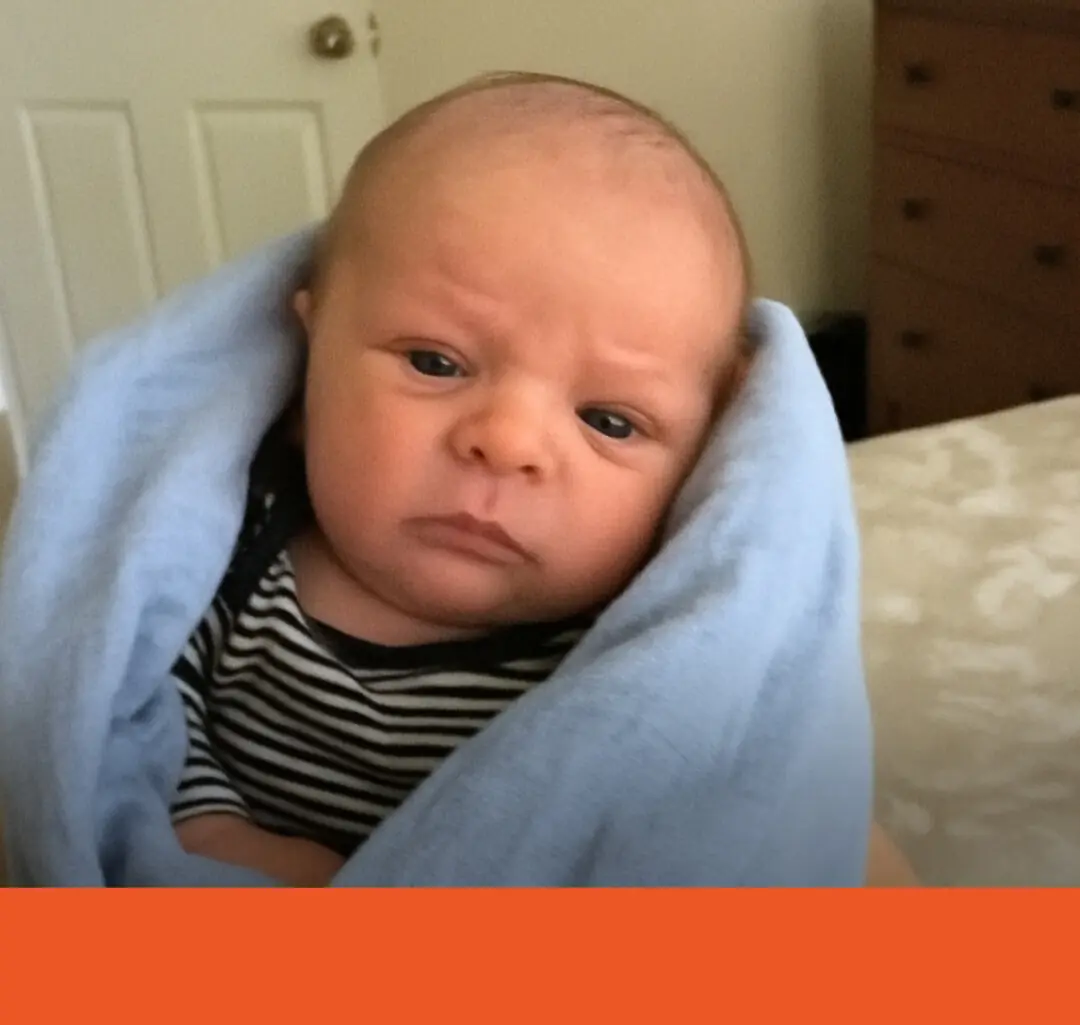
Woman Helps to Deliver Neighbor's Baby, Discovers Her Husband Is the Father
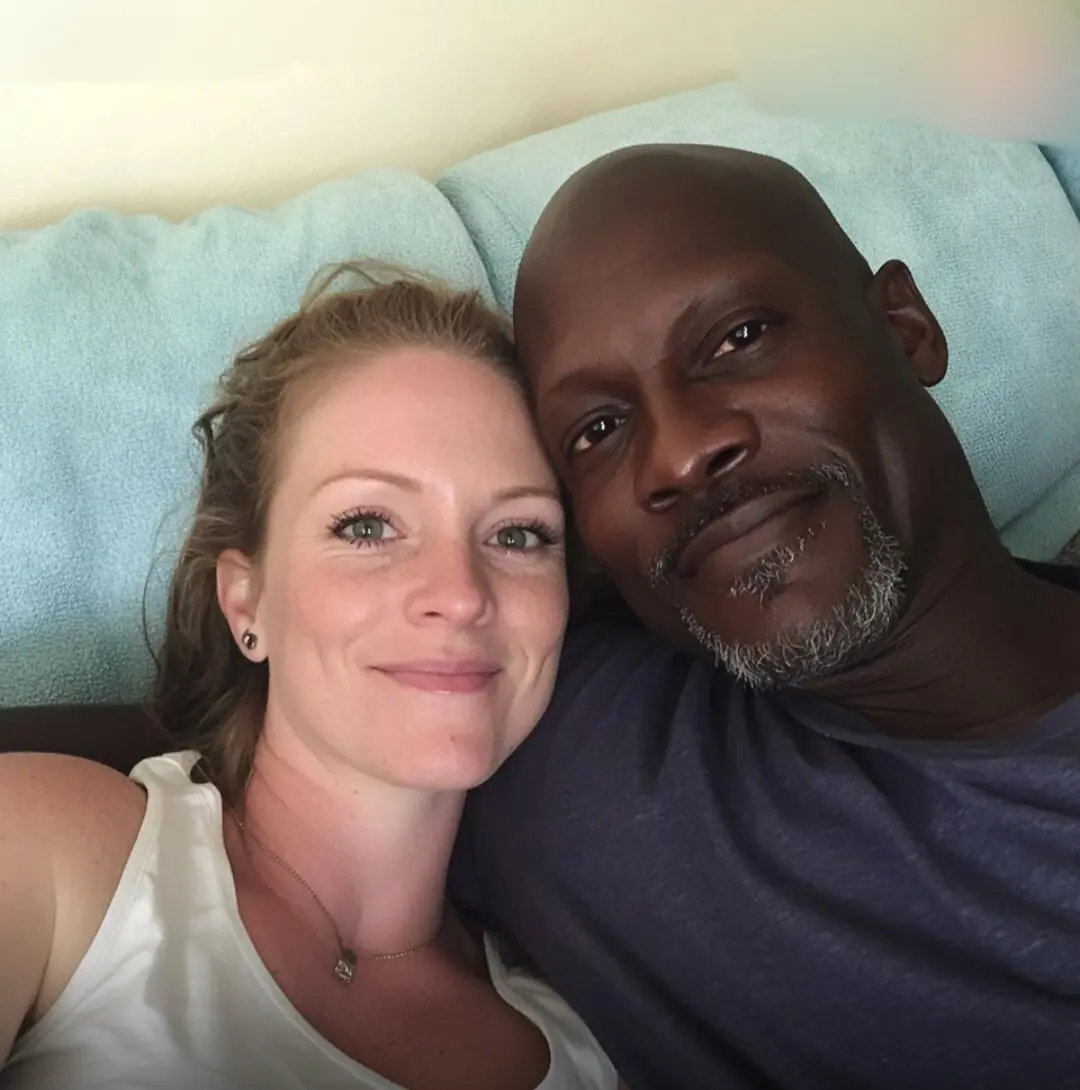
Every Saturday, My Boyfriend Visited His Parents Without Me Until I Followed Him and Uncovered the Shocking Truth
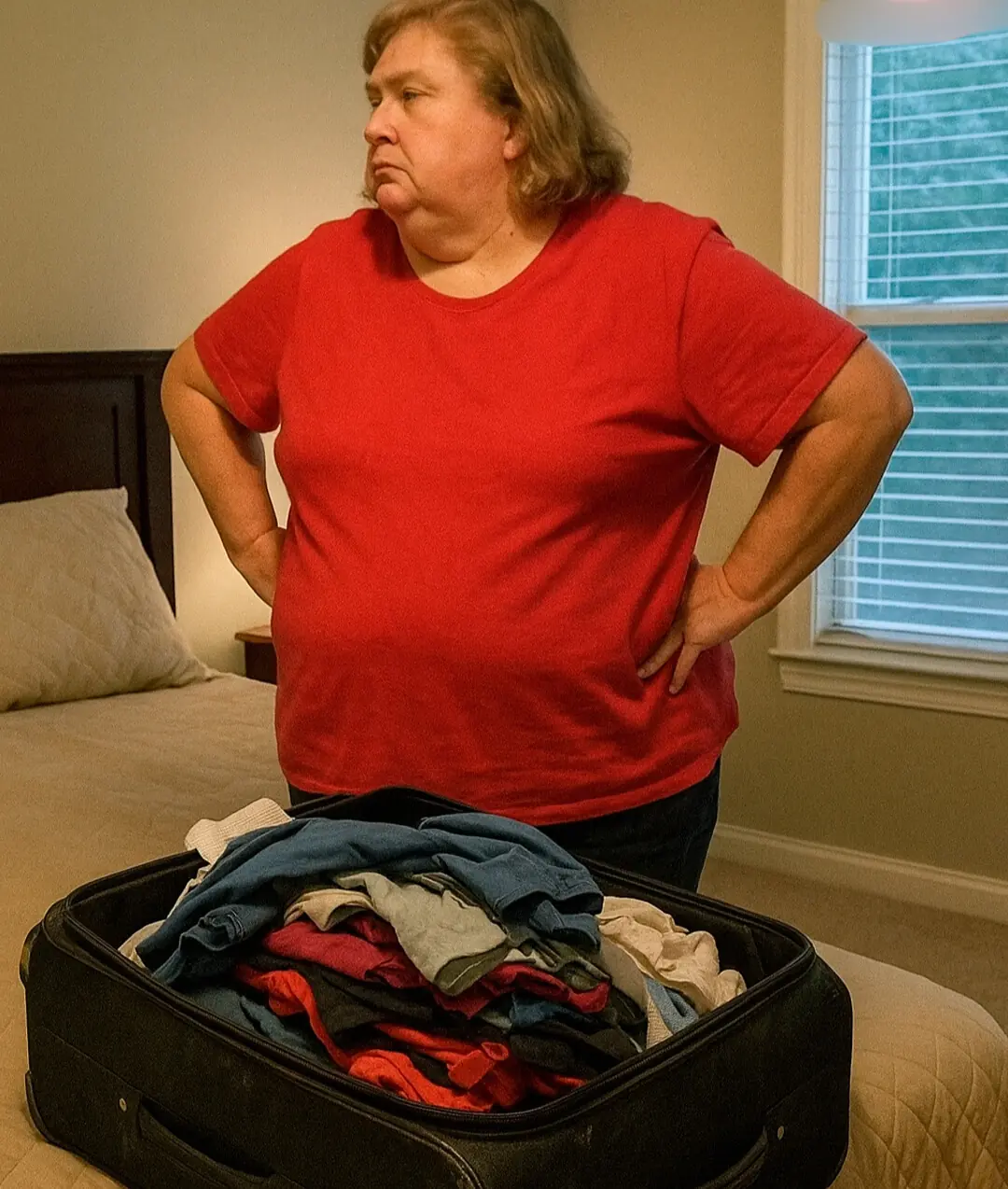
My Sassy MIL Took over Our Bed Without Asking for Years—But This Time, I Set a Trap My In-Laws Walked Right Into
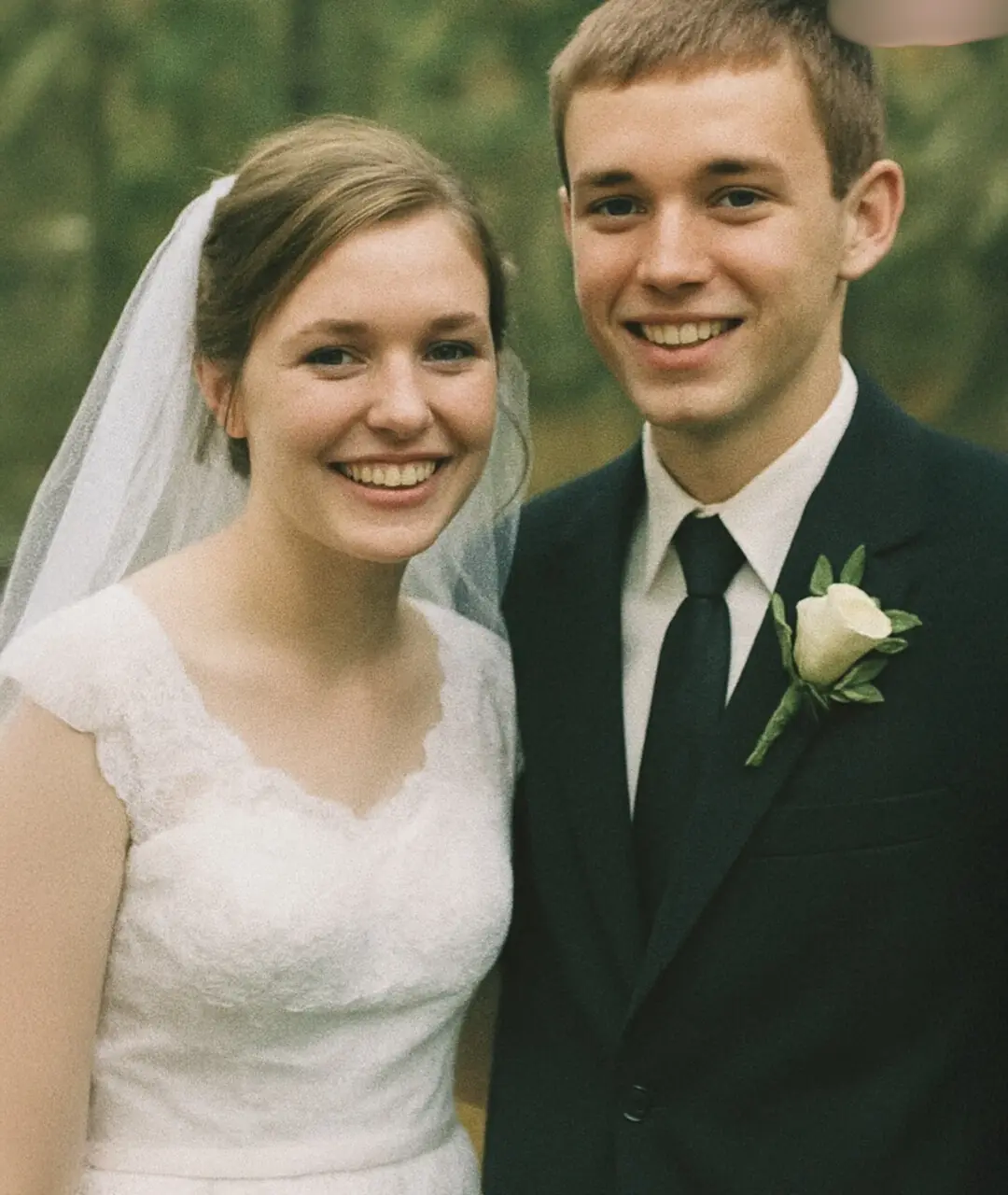
My Son Proposed to a Girl He'd Only Known for 3 Weeks—During the Ceremony, the Police Walked In
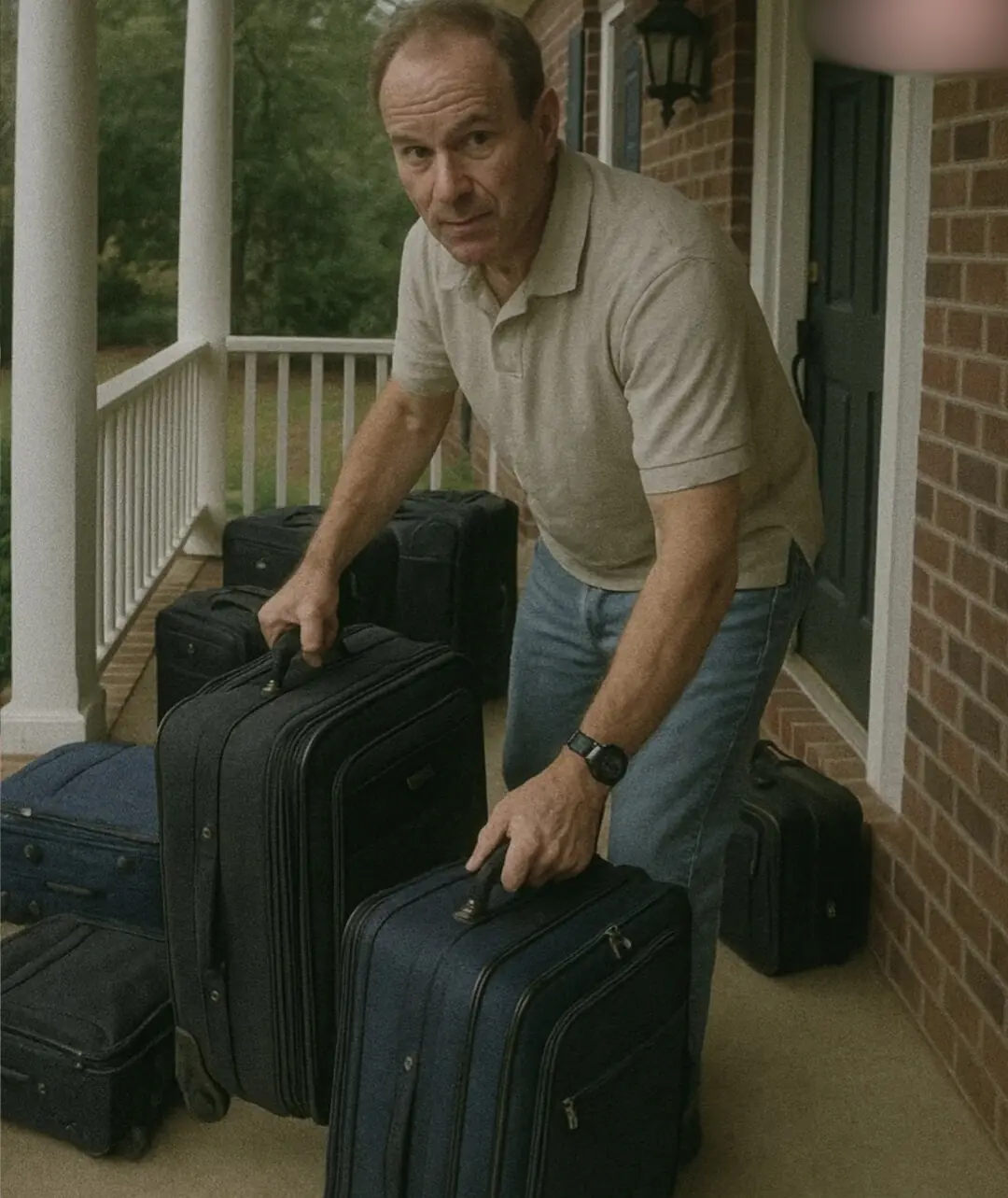
My Stepmother Kicked Me Out While My Father Stayed Silent — Days Later, They Were on Their Knees Begging for Forgiveness
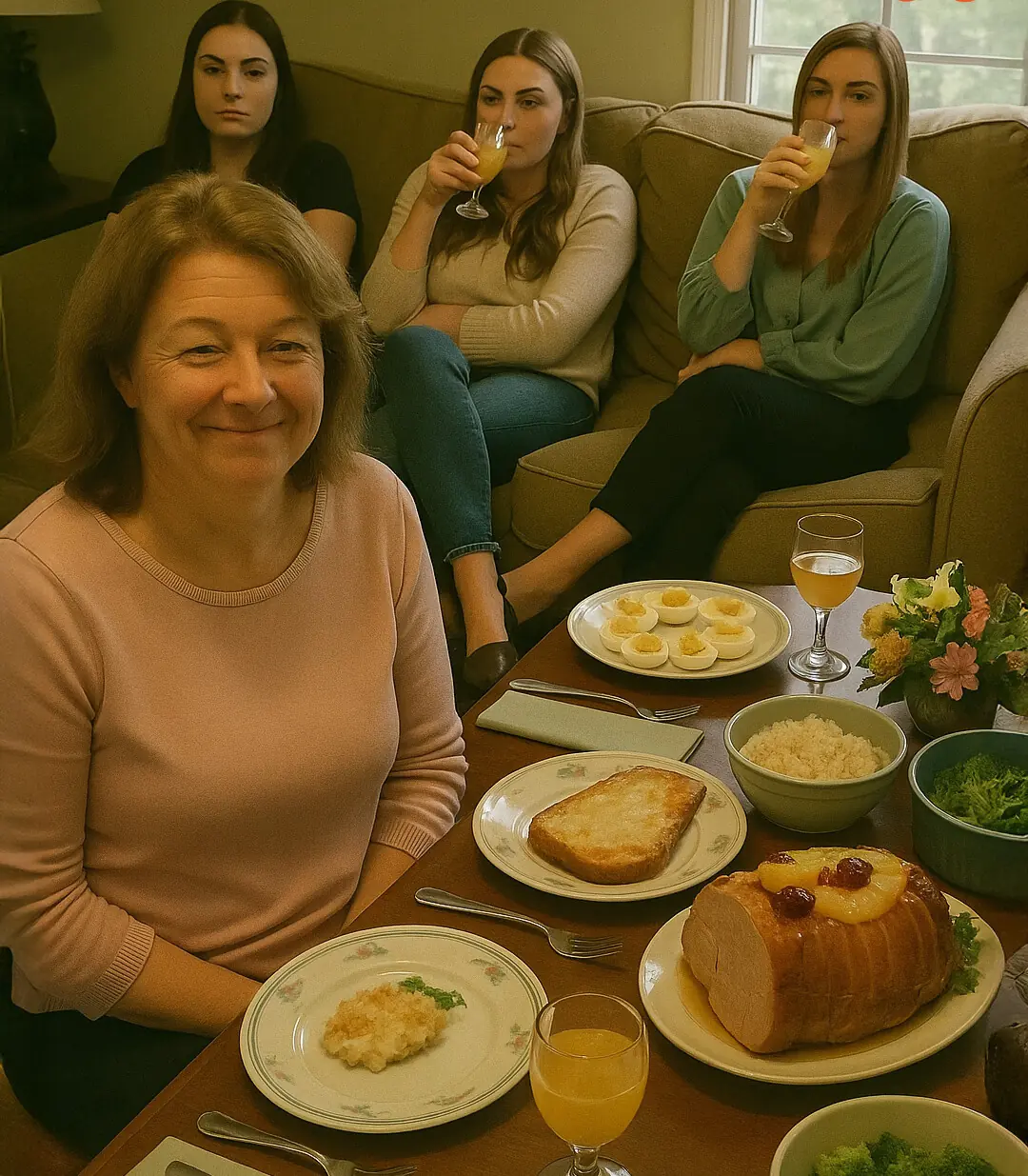
My MIL and Husband's Sisters Forced Me to Clean Up Alone After Easter Feast—I Agreed, but They Weren't Ready for My 'Surprise'
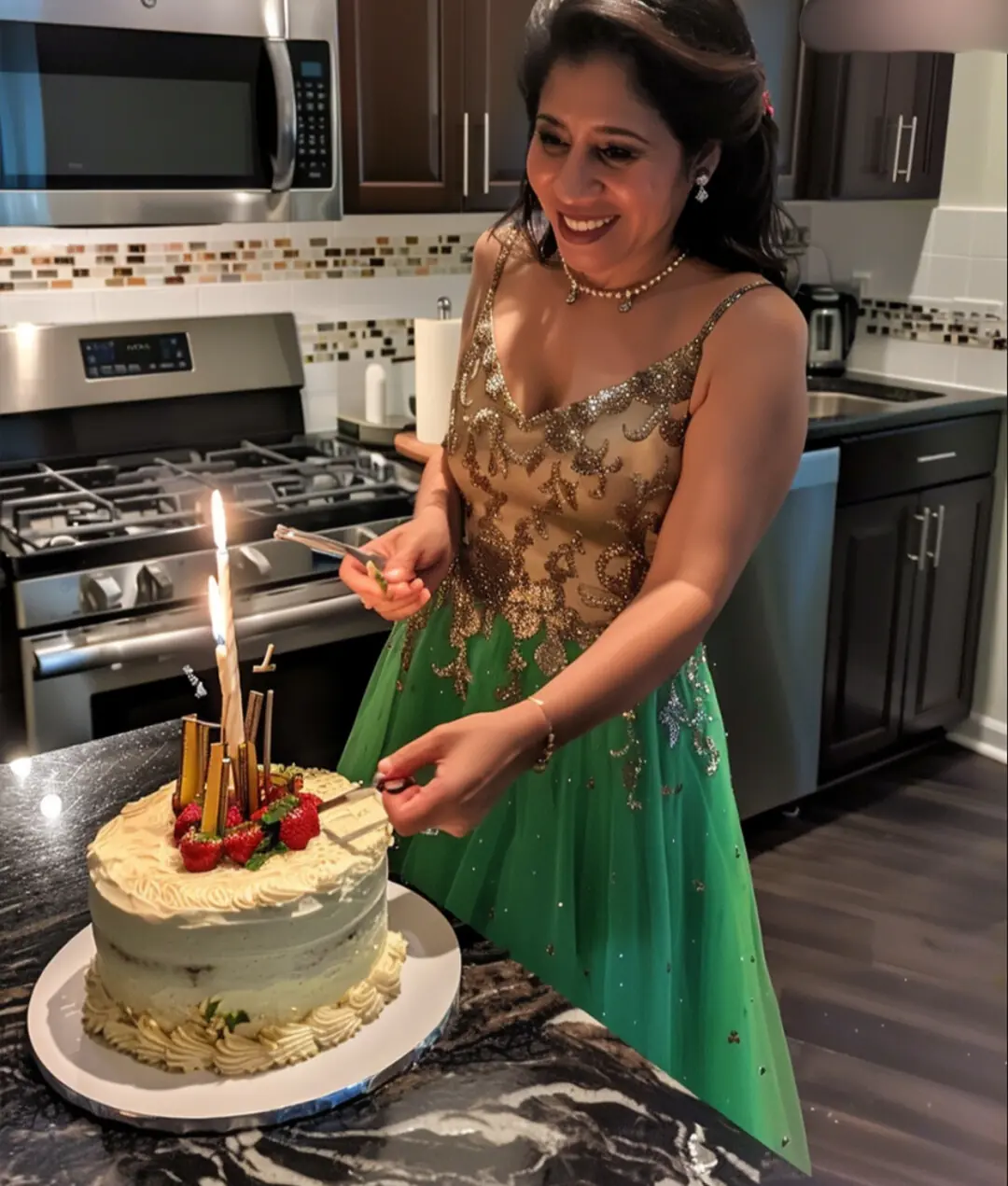
I Paid and Organized My Niece's 16th Birthday—Then She Demanded I Sit In the Kitchen During the Party
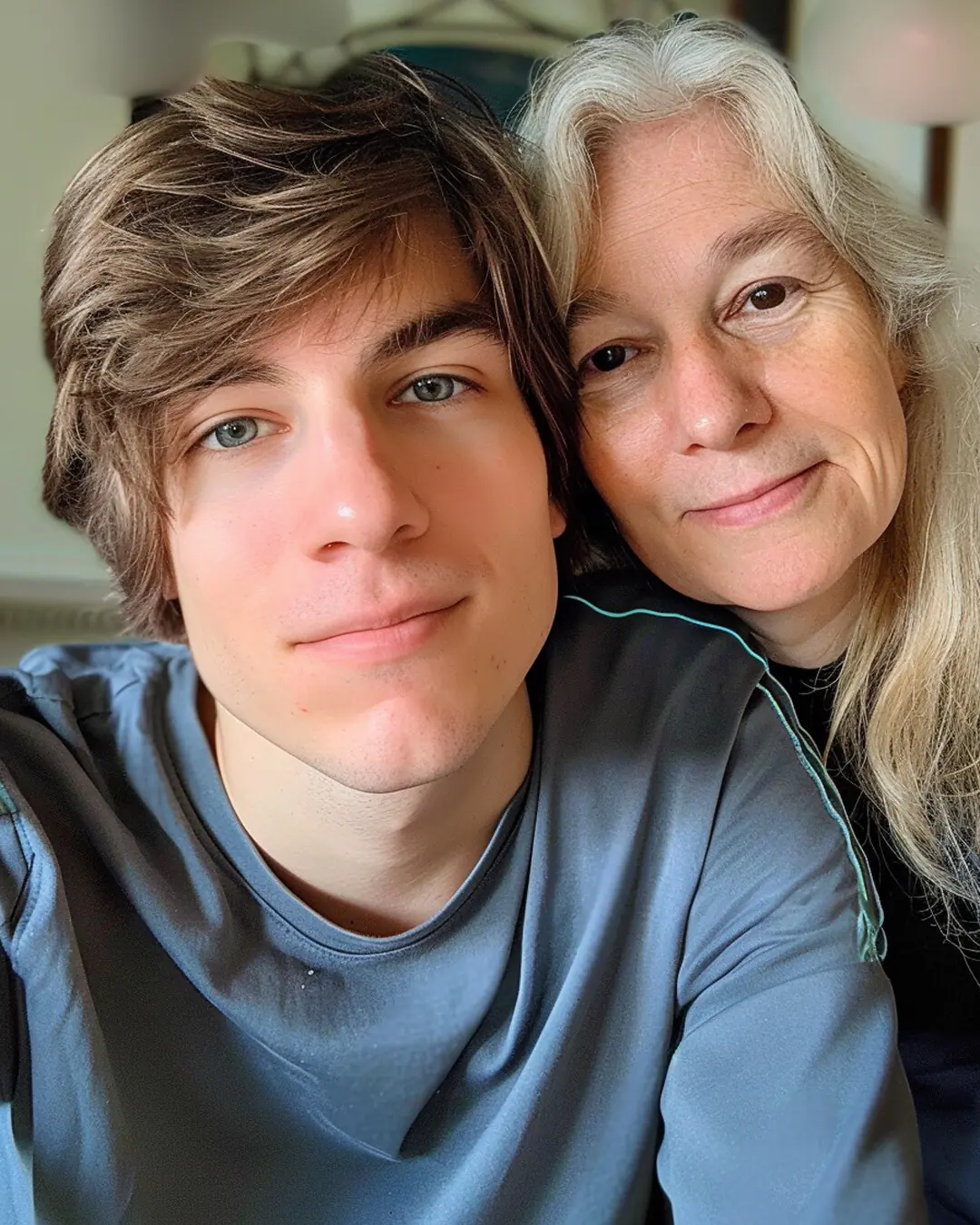
My Stepson's Fiancée Told Me 'Only Real Moms Get a Seat in the Front' — So I Watched the Wedding from the Back… Until My Boy Turned Around
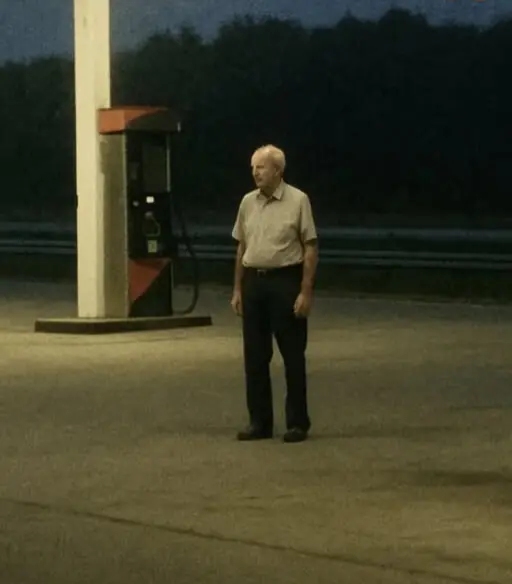
A Family Forgot Their Wealthy Grandpa at a Gas Station on His Birthday — The Next Day, His Lawyer Called Them
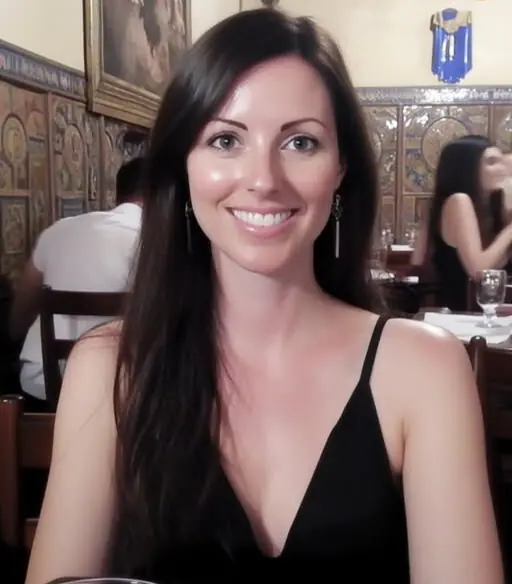
Lonely Woman Hides Her Son During a Date to Avoid Scaring the Man Away, but Regrets It the End
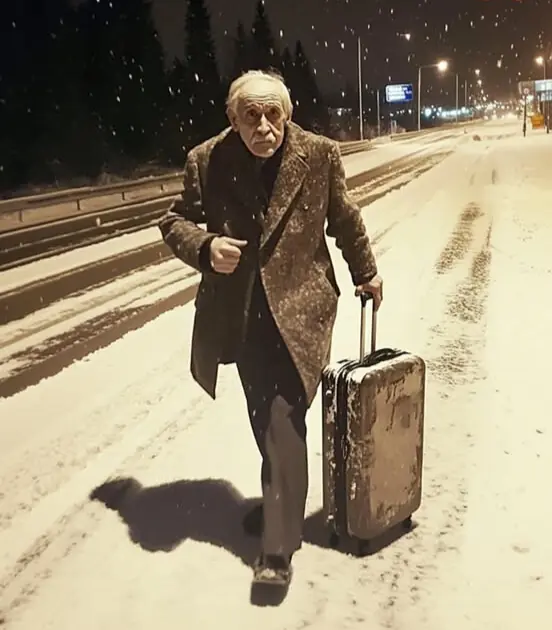
I Picked Up an Old Man on a Lonely Winter Highway – Letting Him Stay the Night Changed My Life Forever
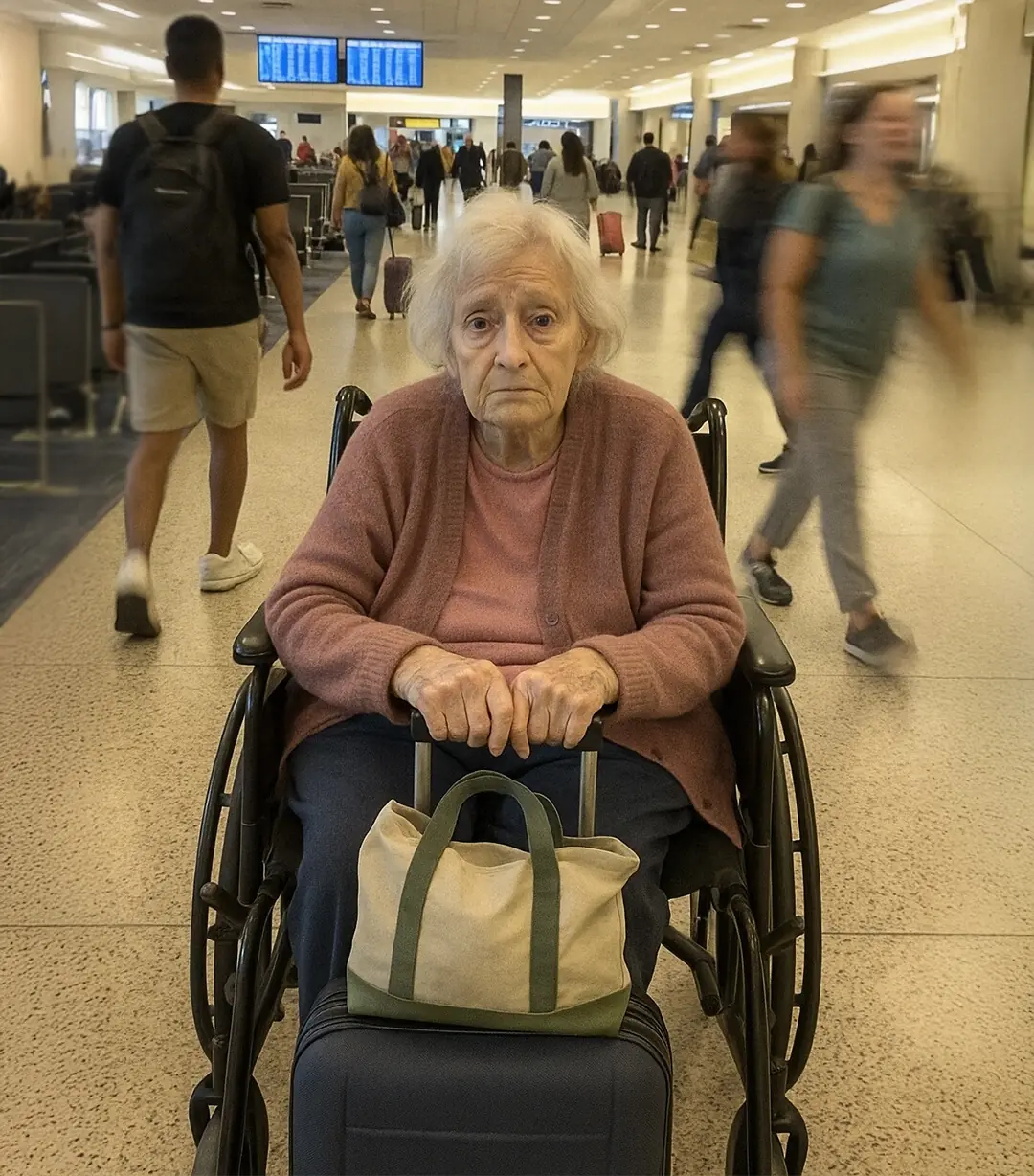
My Family Dumped Grandma at the Airport and Left for Vacation Without Her—They Didn't Expect Me to Strike Back
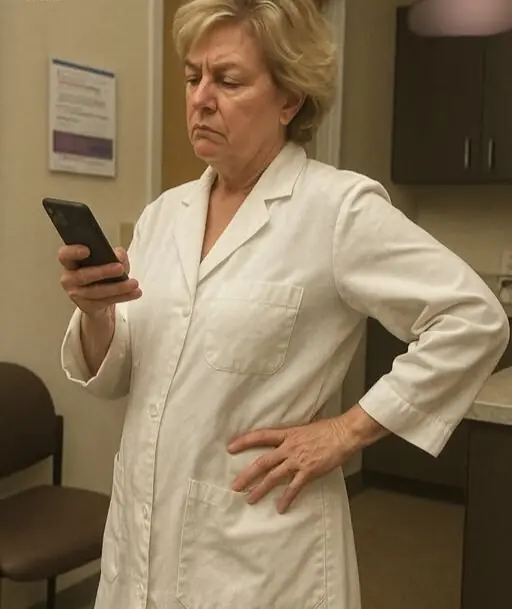
My Mom's Friend Outed My Pregnancy Without Permission—She Made a Big Mistake
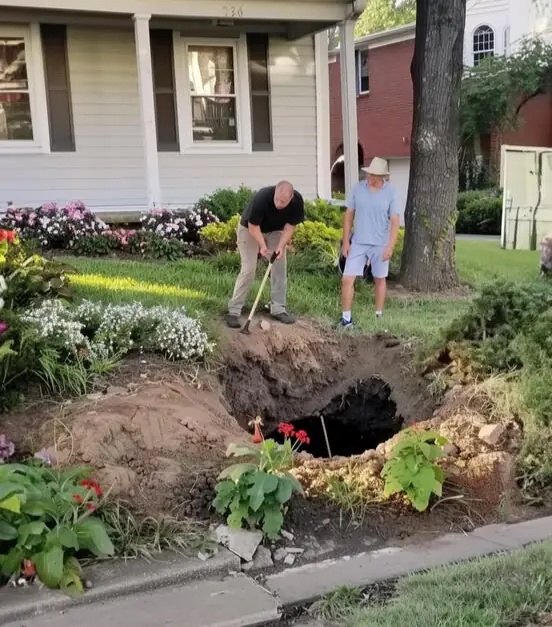
I Came Home to My Husband and His Ex Digging My Garden – What They Hid Years Ago Made Me Pale
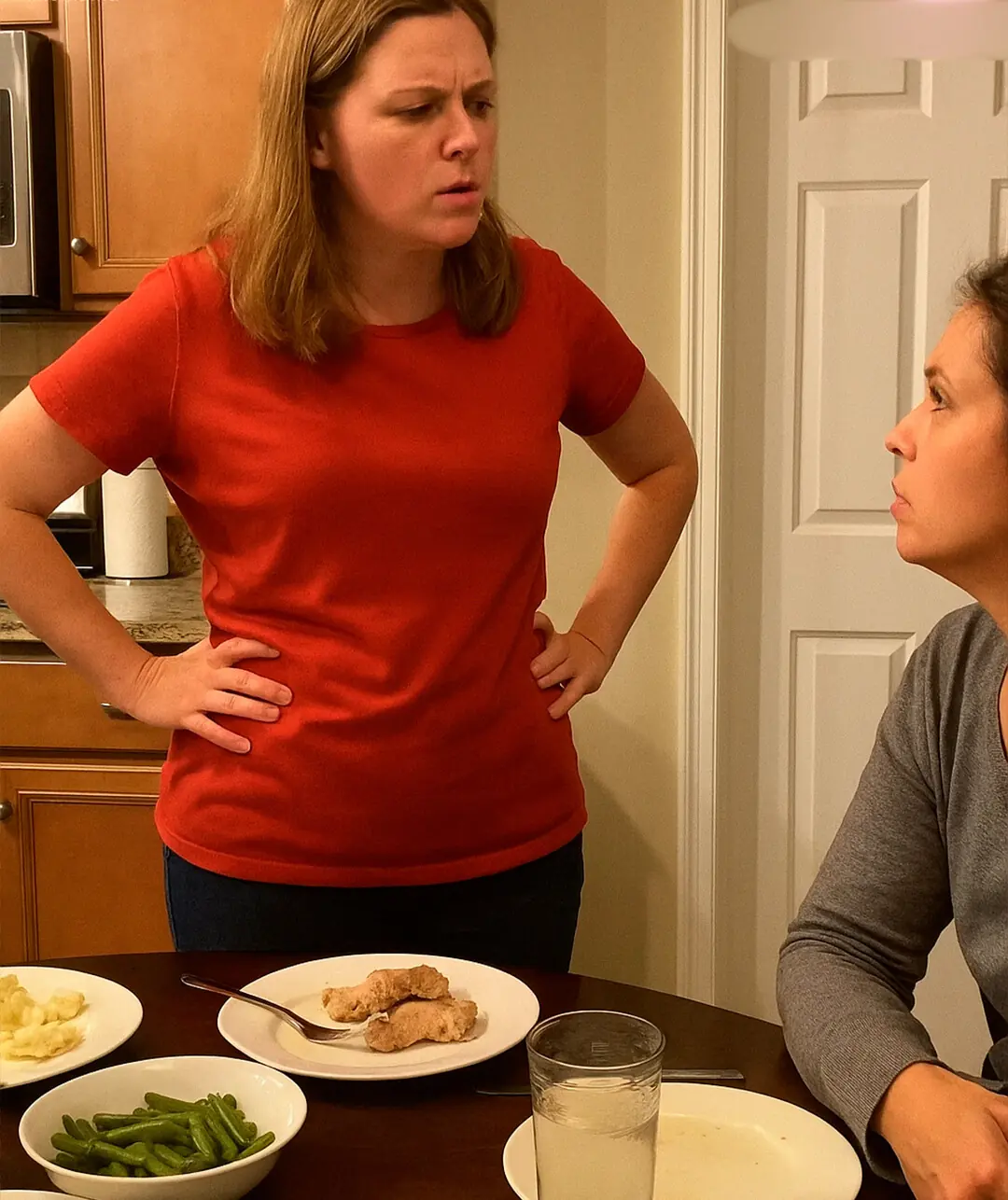
My Brother's Fiancée Demanded Our Family's Inheritance for Her Kids — I Said Yes, Then Asked One Question That Shut Her Down
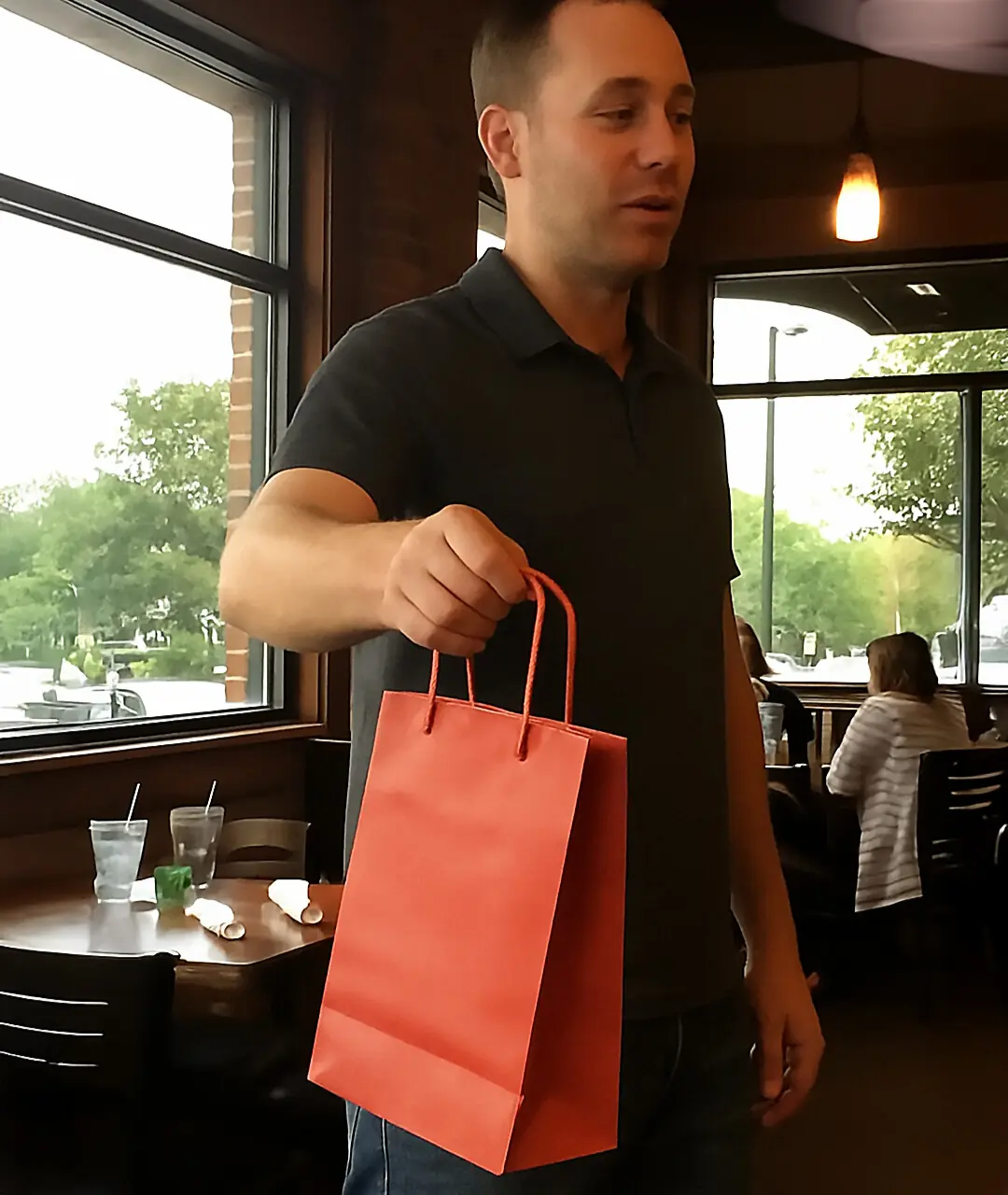
I Walked Out of My Own Birthday Dinner in Tears from Humiliation After My Fiancé's 'Surprise'
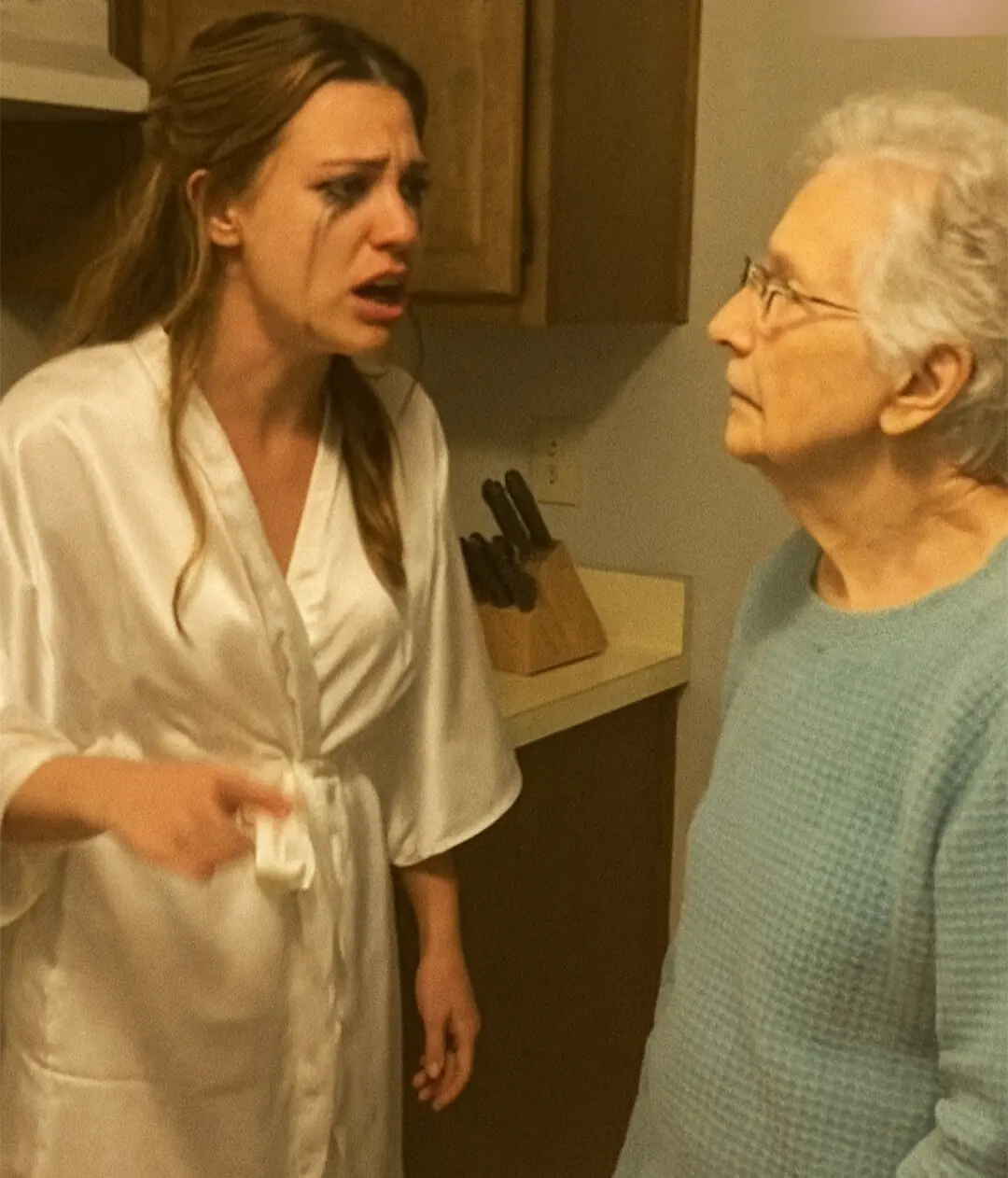
My Granddaughter Said Her Wedding Was 'For Her Friends' and Didn't Invite Me—Then She Found Out What I Was Going to Give Her
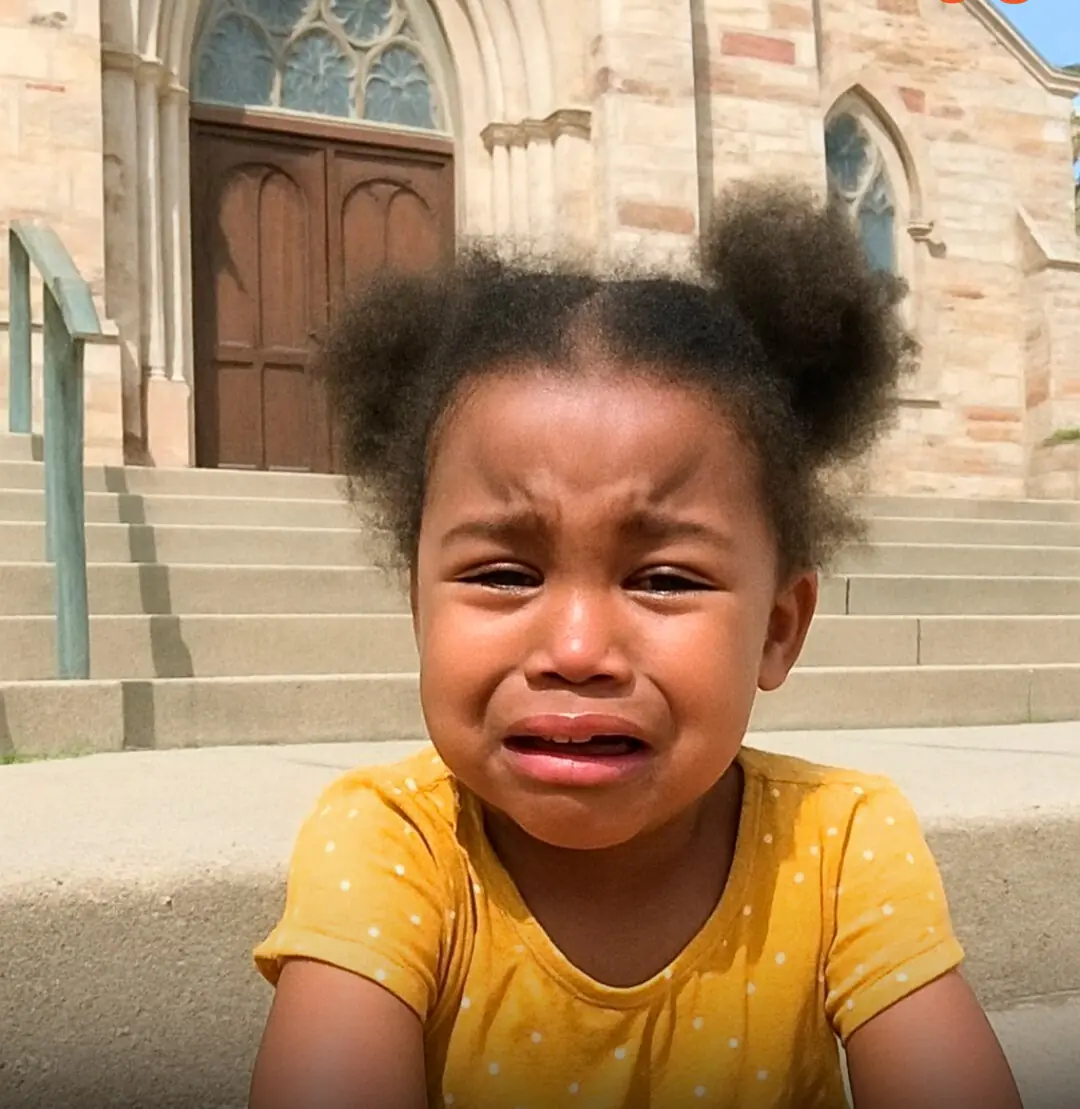
I Took an Abandoned Girl from Church on Easter Only to Uncover My MIL’s Deepest Secret
News Post

Poor Janitor Buys Old Doll at Flea Market, Gives it to Child & Hears Crackling Sound from It

Woman Helps to Deliver Neighbor's Baby, Discovers Her Husband Is the Father
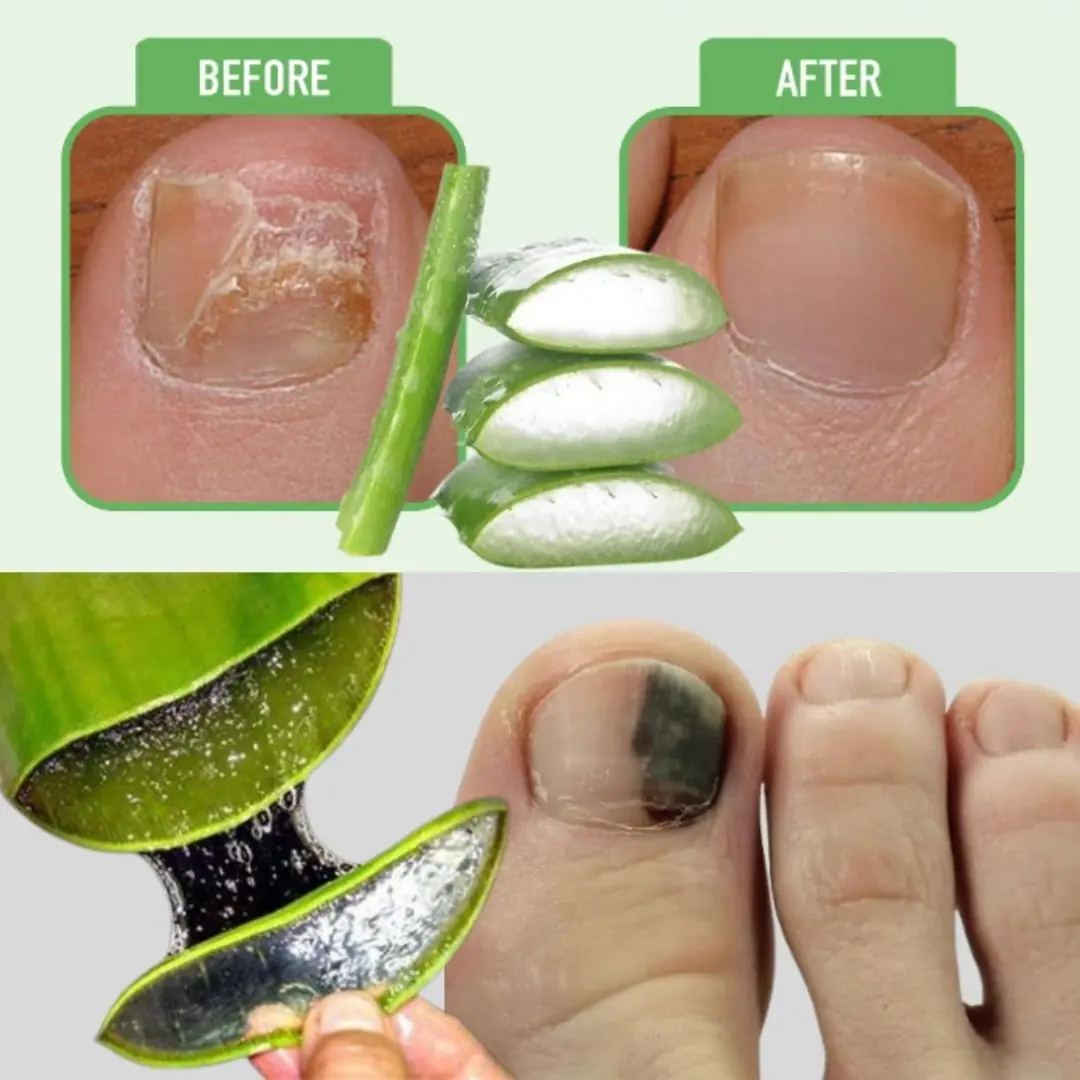
Aloe Vera: A Natural Remedy for Nail Fungus 🌿💅

Every Saturday, My Boyfriend Visited His Parents Without Me Until I Followed Him and Uncovered the Shocking Truth

🧅 Unlock the Power of Onions: 7 Natural Ways to Boost Male Vitality & Fight ED
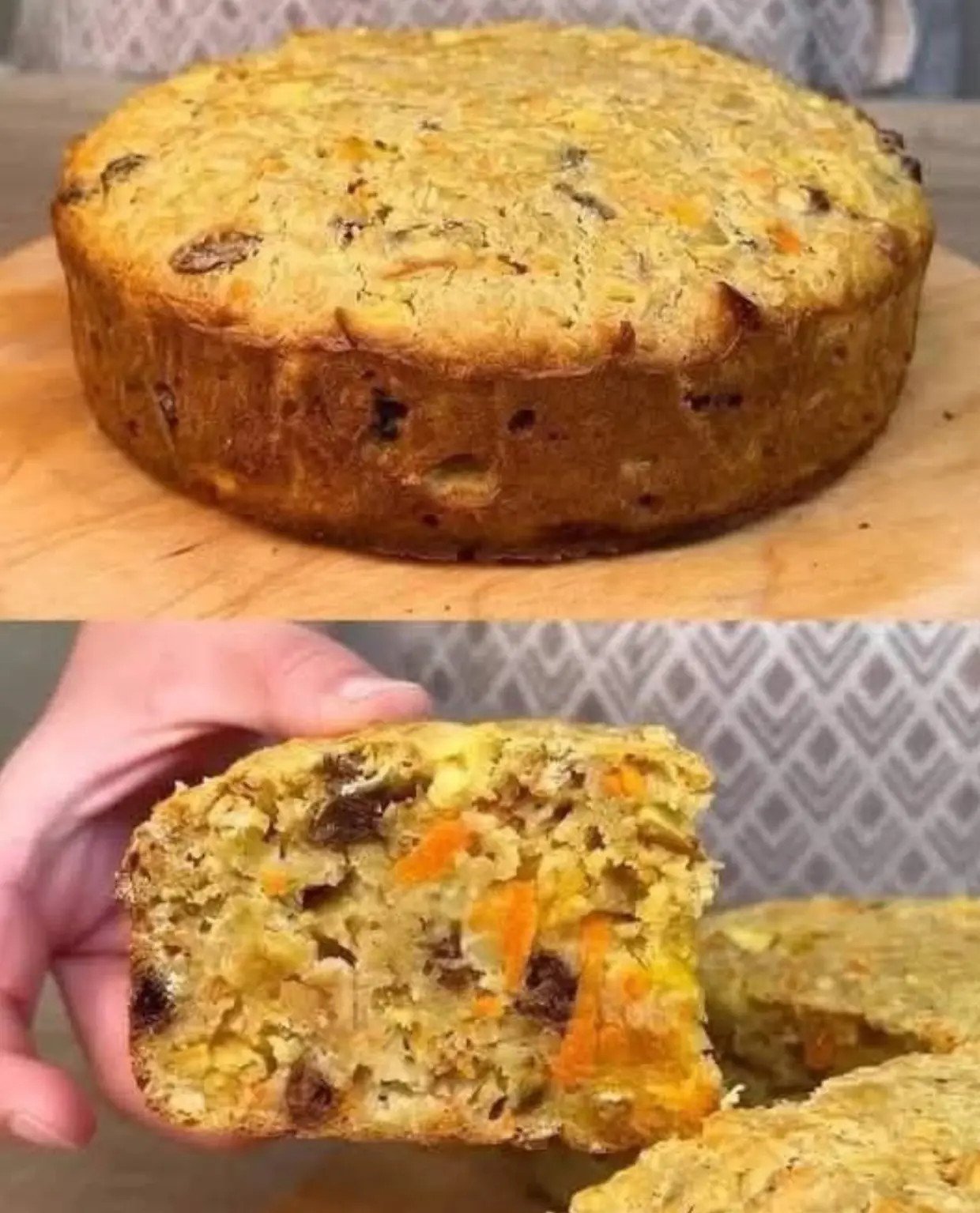
Oatmeal, apple and carrots! I don't eat any sugar at all! No flour

My Sassy MIL Took over Our Bed Without Asking for Years—But This Time, I Set a Trap My In-Laws Walked Right Into
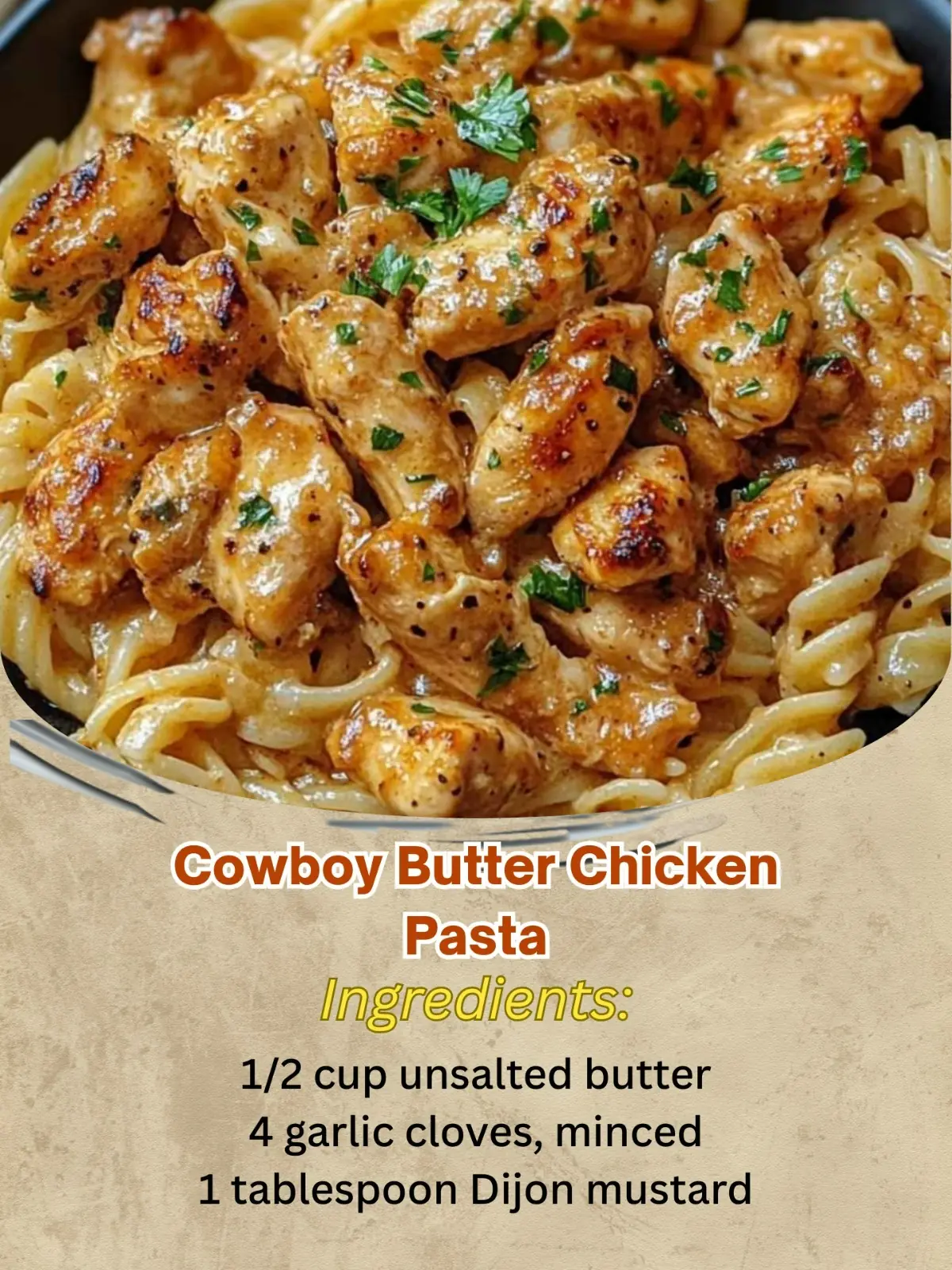
Cowboy Butter Chicken Pasta: A Flavorful Twist on a Classic Dish!

My Son Proposed to a Girl He'd Only Known for 3 Weeks—During the Ceremony, the Police Walked In

My Stepmother Kicked Me Out While My Father Stayed Silent — Days Later, They Were on Their Knees Begging for Forgiveness

My MIL and Husband's Sisters Forced Me to Clean Up Alone After Easter Feast—I Agreed, but They Weren't Ready for My 'Surprise'

I Paid and Organized My Niece's 16th Birthday—Then She Demanded I Sit In the Kitchen During the Party

My Stepson's Fiancée Told Me 'Only Real Moms Get a Seat in the Front' — So I Watched the Wedding from the Back… Until My Boy Turned Around

A Family Forgot Their Wealthy Grandpa at a Gas Station on His Birthday — The Next Day, His Lawyer Called Them

Lonely Woman Hides Her Son During a Date to Avoid Scaring the Man Away, but Regrets It the End
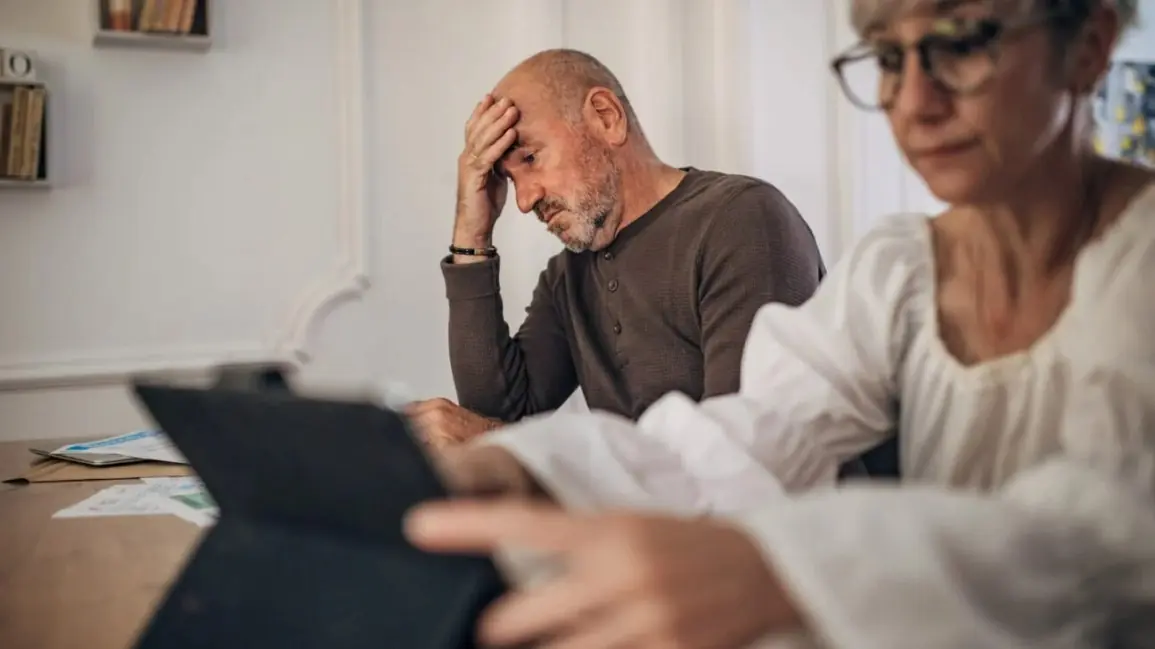
Stroke Is Increasing Among Young People: 4 Warning Signs During Sleep That May Predict a Stroke – What You Need to Know

Thyroid Cancer Self-Check at Home with a Glass of Water: How I Detected It Early and Got Easy Treatment

Woman, 46, Shares Surprising Symptoms She Ignored Before Her Heart Attack
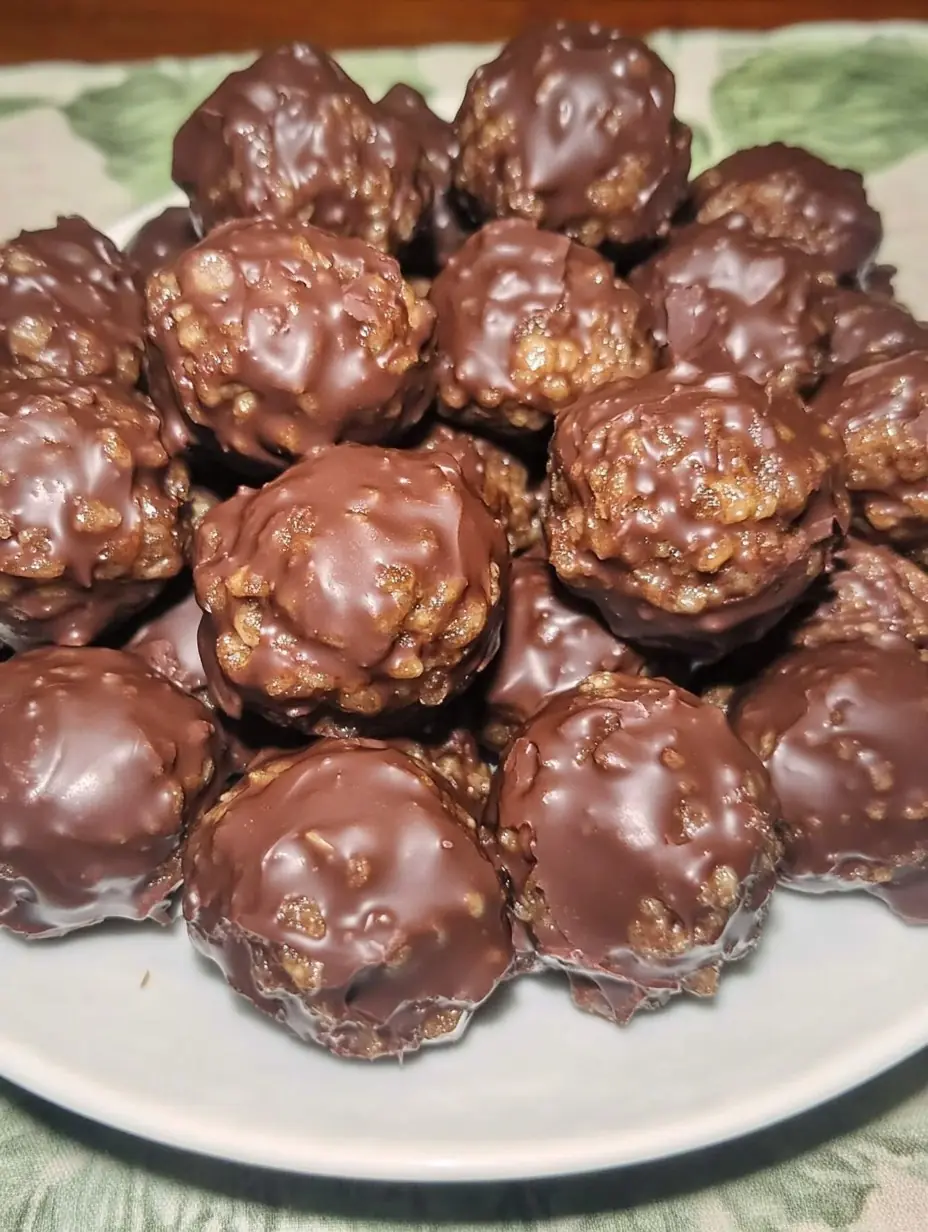
Chocolate Rice Krispie Balls
